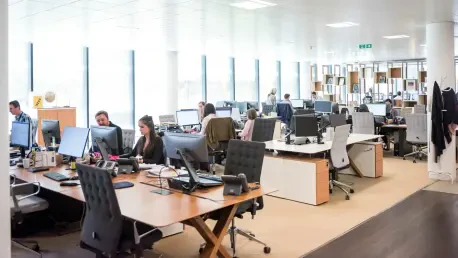
Your fellow professionals leveraging contact centers increasingly face challenges when routing inbound customer interactions to agents, from accurately matching callers to agents with the right skills/expertise to minimizing transfers that increase abandonment rates. Moreover, the need to integrate
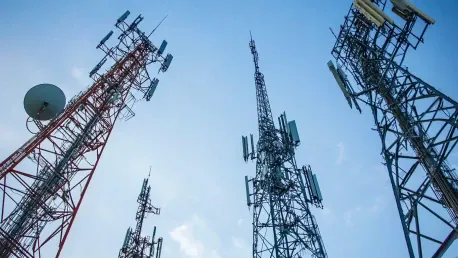
As a decision-maker in the telecommunications (telco) industry, sticking to the old playbook just won't cut it anymore. Today, your innovative peers are accelerating their digital transformation game efforts to meet new demands—and evolve from being a telco to a Technology Company (techco).
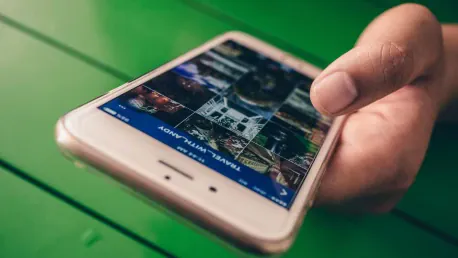
In its annual review of global Netflow trends, Cloudflare, a prominent US-based connectivity cloud provider, has revealed a small but notable decline in the proportion of total bandwidth coming from mobile devices. The findings, published in the 2024 Cloudflare Radar Year in Review, suggest that
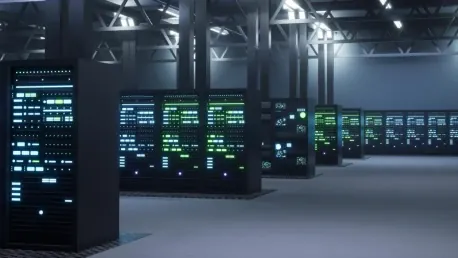
There are over 900 wireless telecommunications carriers in the US alone, servicing millions of clients. Each of these companies has a data center dedicated to facilitating content delivery and mobile cloud services . These centers consume large amounts of electricity due to three main functions,
The Internet of Things (IoT) is at the center of the Fourth Industrial Revolution, which the World Economic Forum defines as an economic, technological, and cultural revolution combining the physical, digital, and biological worlds. IoT is powered by technologies like ubiquitous connection, big
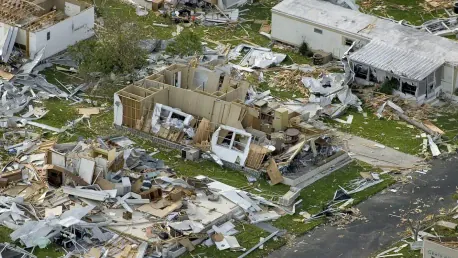
As the impacts of climate change worsen in regions across the globe, natural disasters are exacerbated, impacting critical infrastructure like roads, electrical supply, healthcare services, and telecommunications. Storms and climate change-related extreme weather events cause communications l